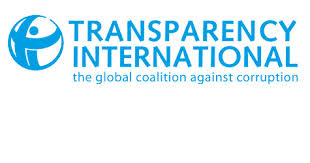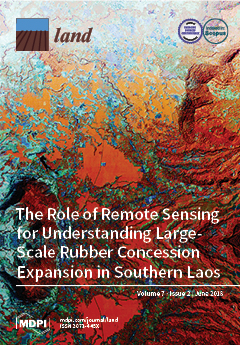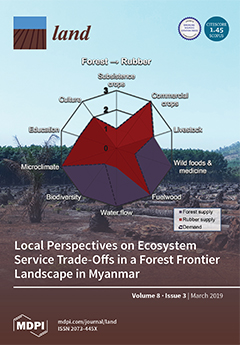Regional Law No. 25 "On allotment in ownership to citizens of land plots pertaining to state and municipal property".
This Regional Law regulates the issues of allotment free of charge to citizens in ownership of land plots pertaining to state and municipal property. The aforesaid allotment shall be performed once only to citizens that had in actual use, before entry into force of the Land Code, the aforesaid land plots for the purpose individual residential housing construction, smallholding and gardening without legal registration of land rights in due course. This Regional Law classifies categories of citizens having the right to land allotment.







